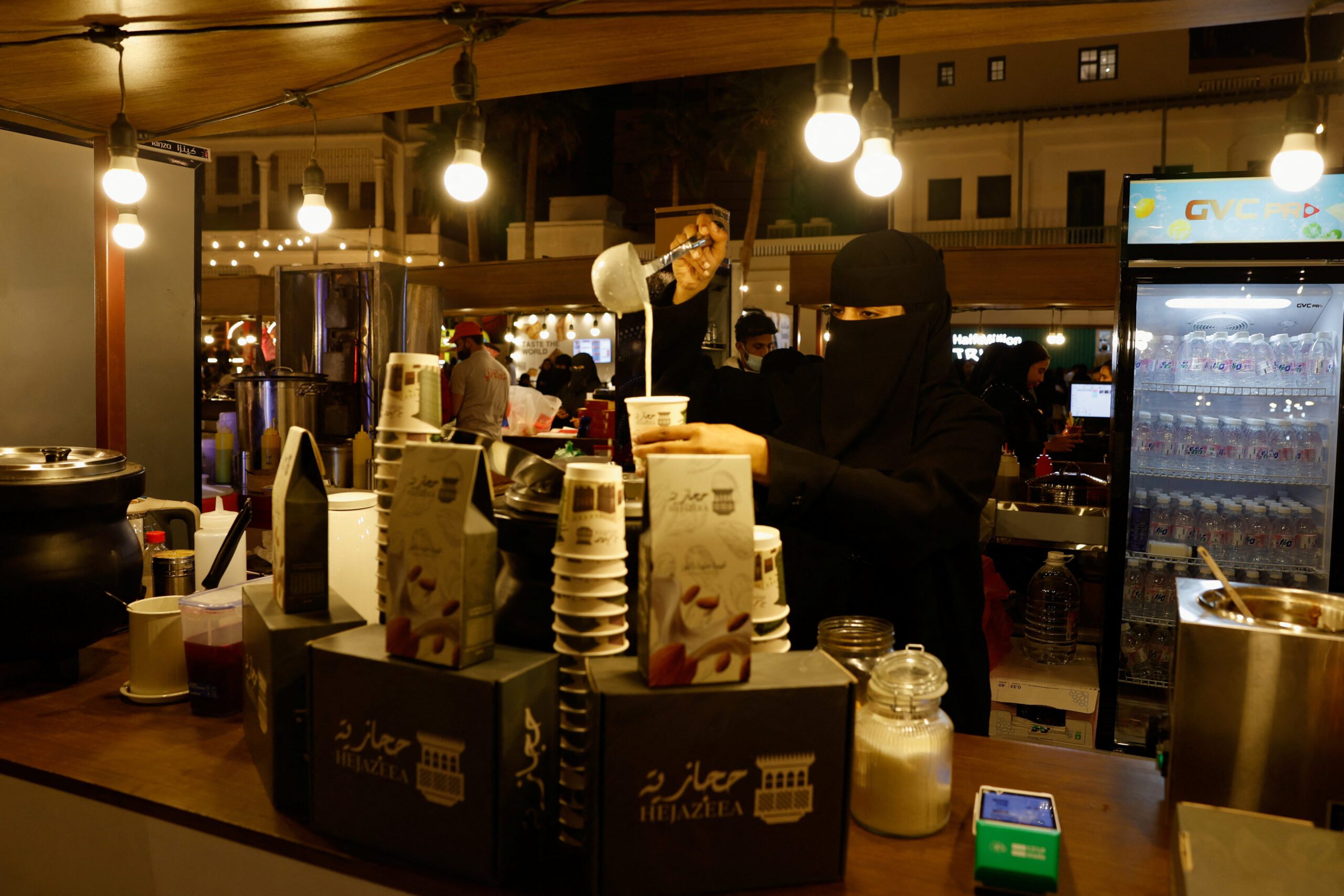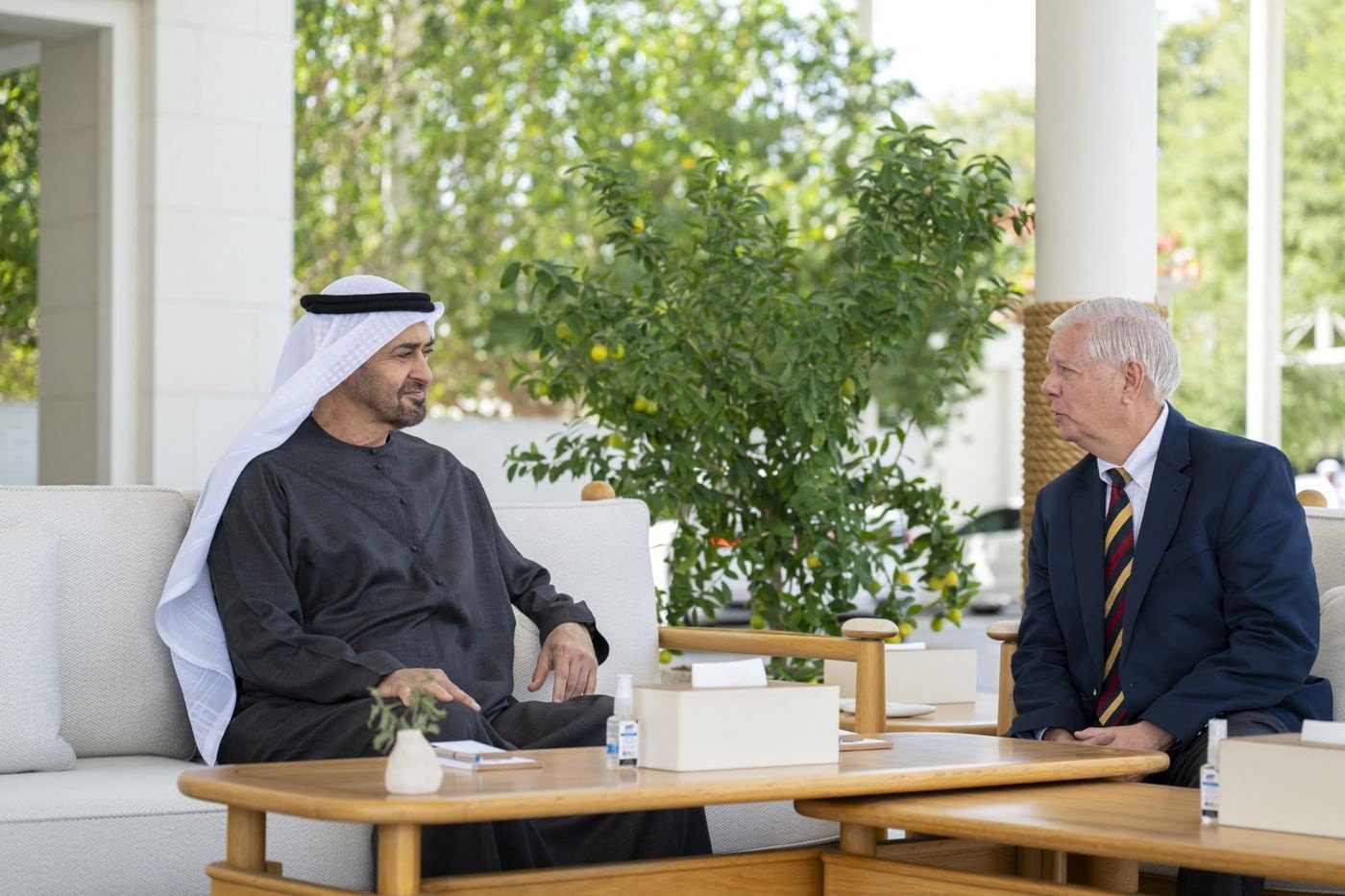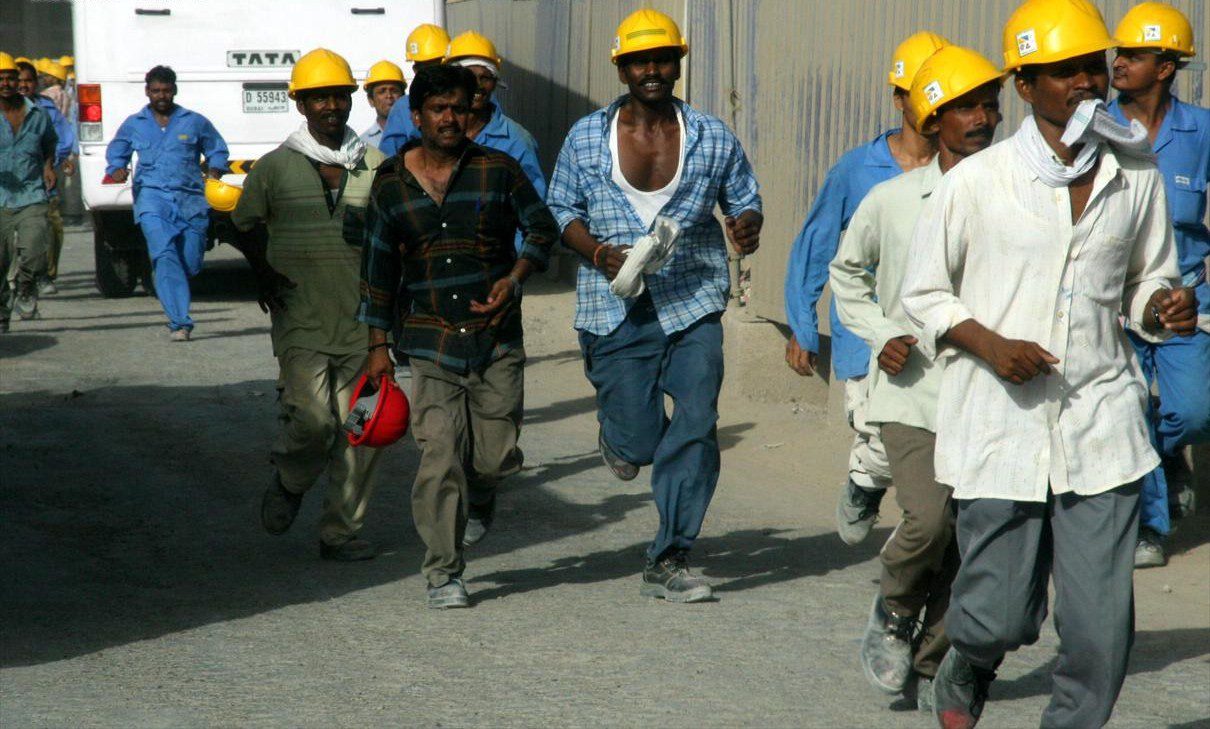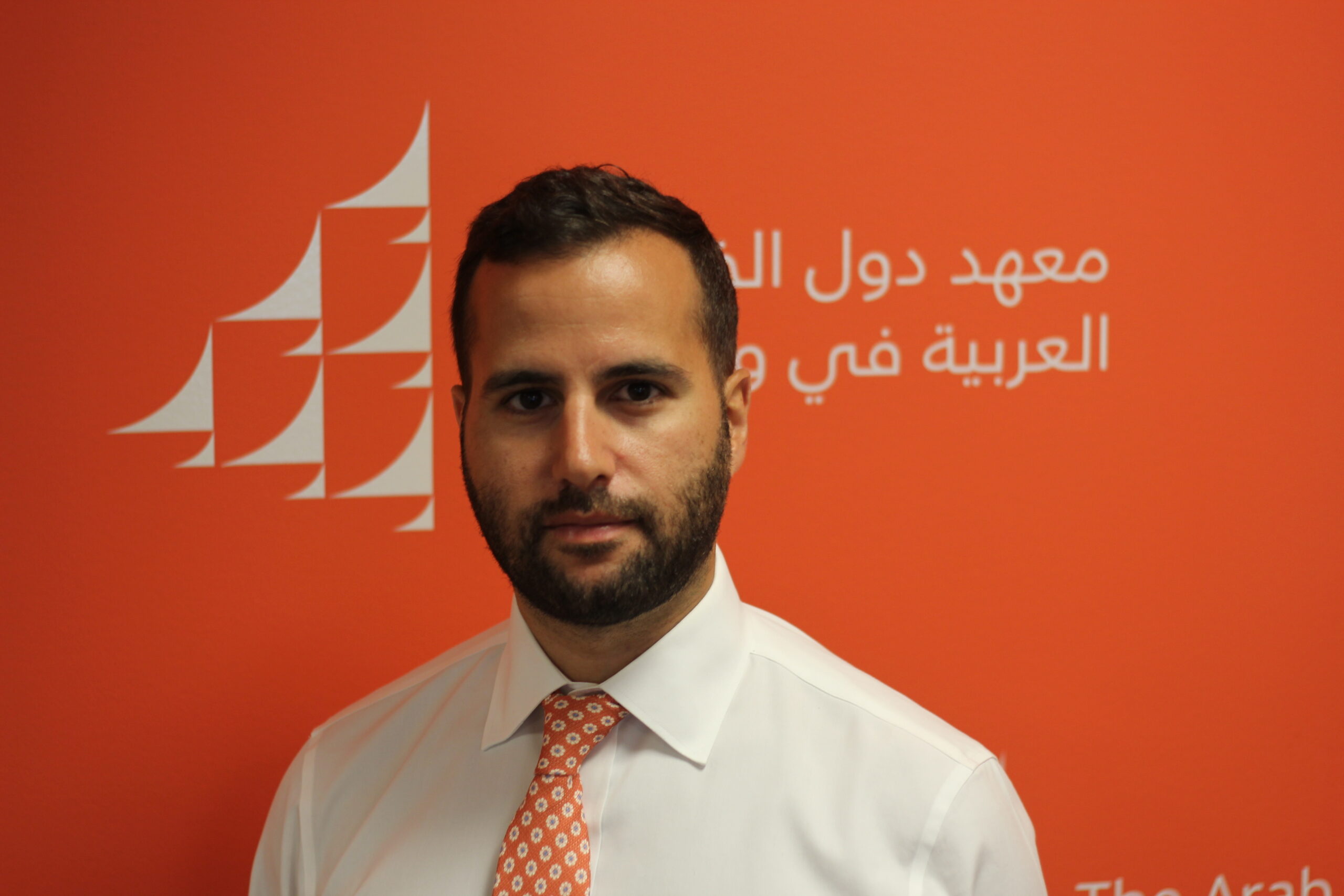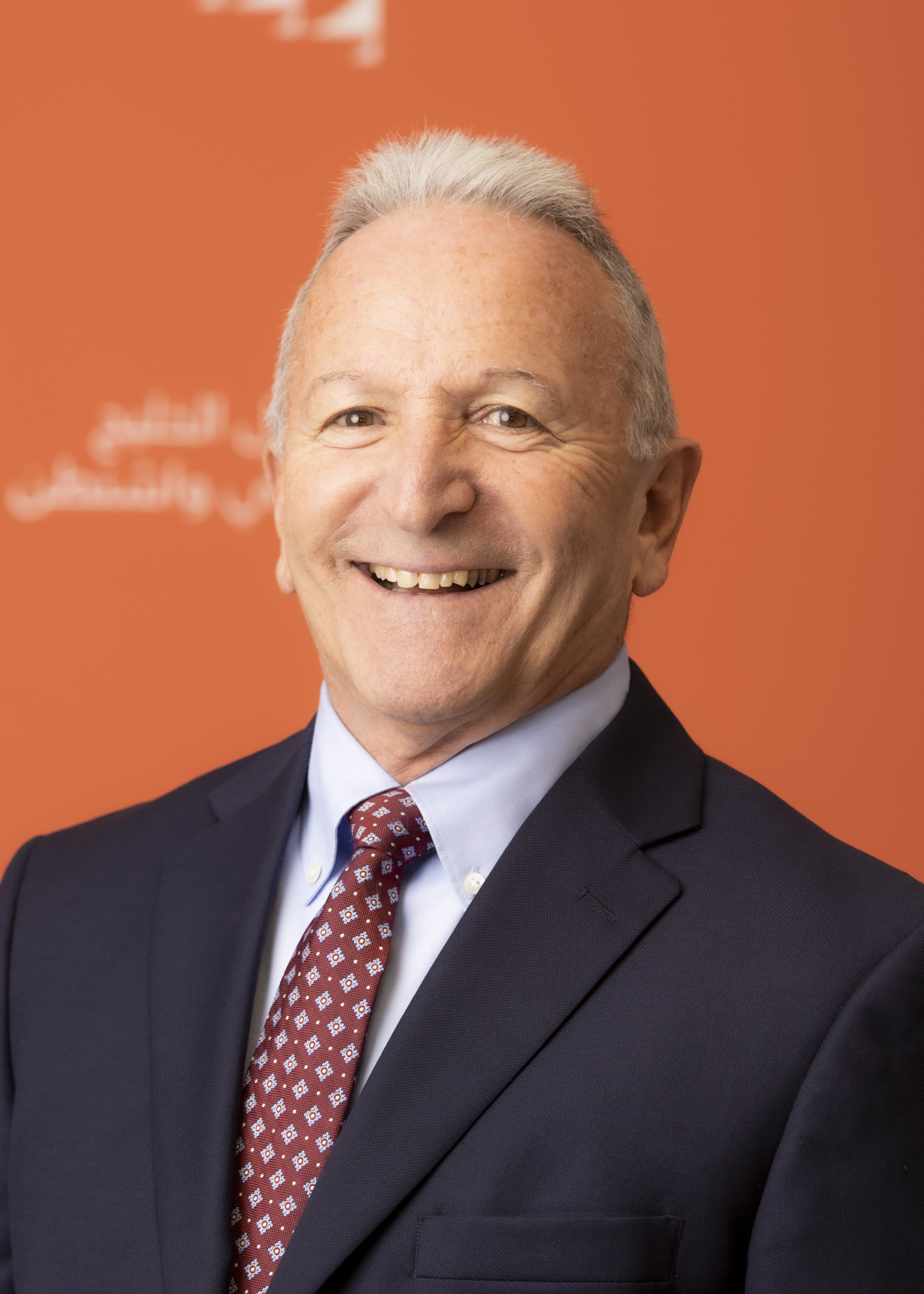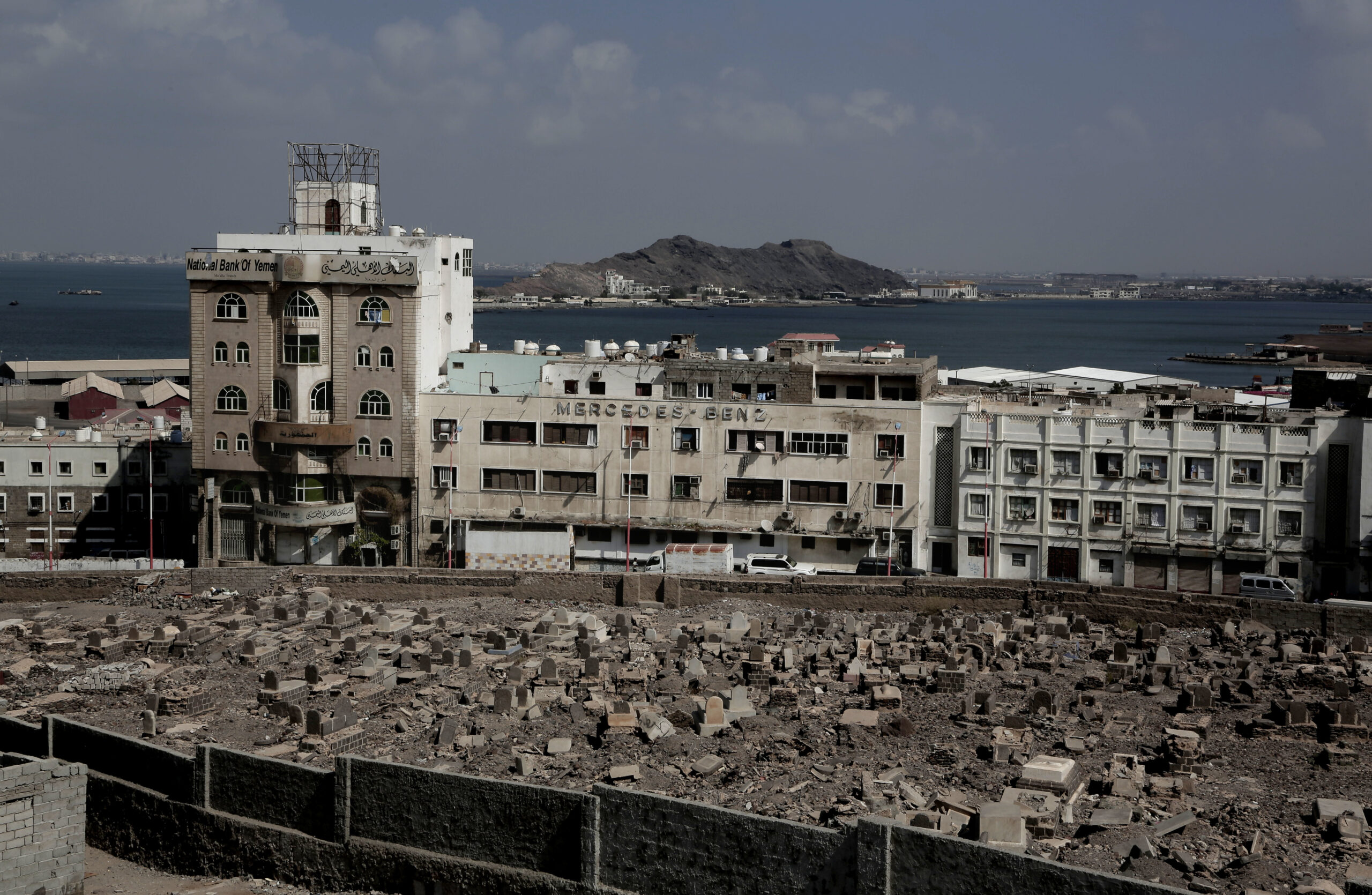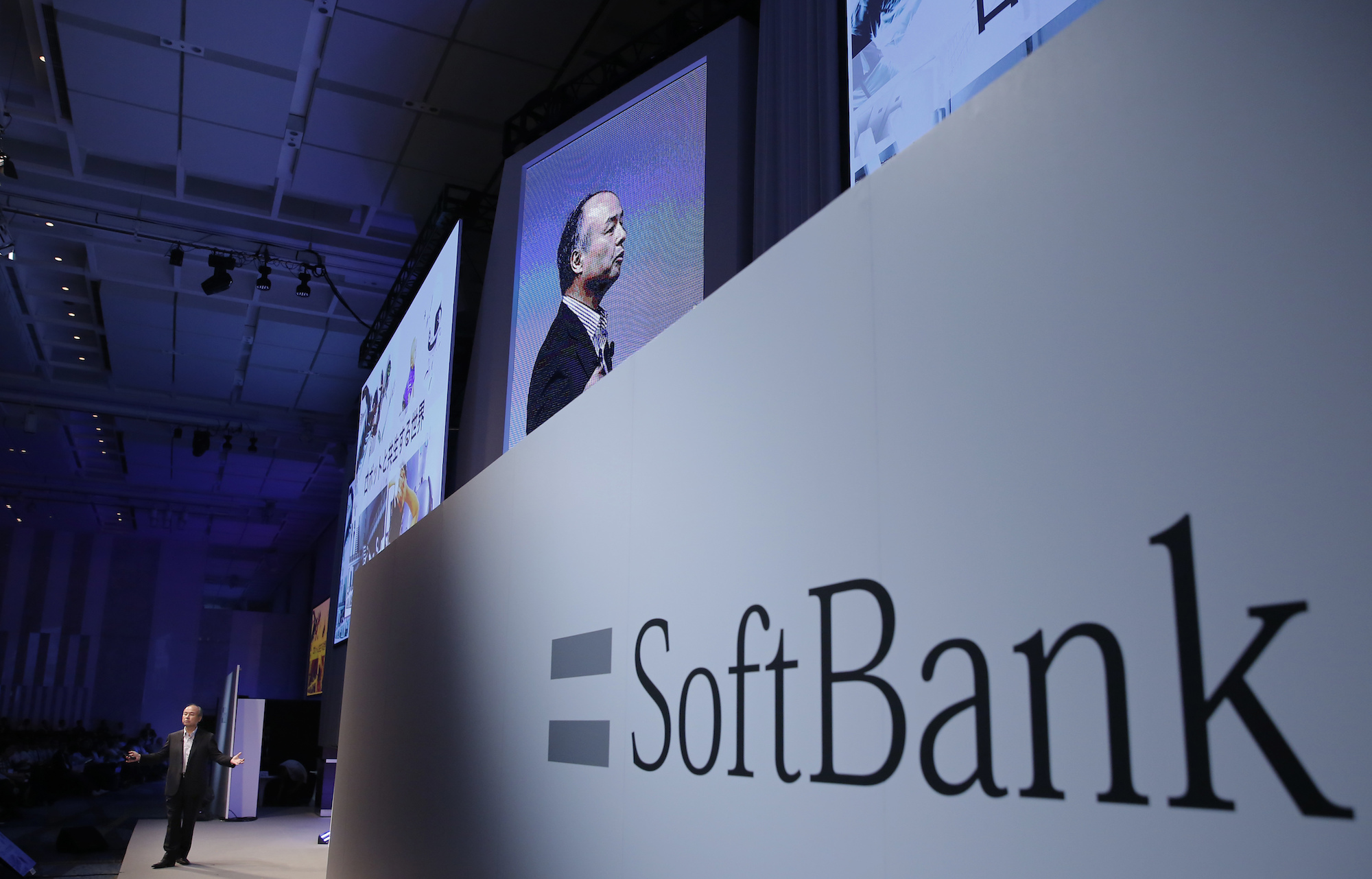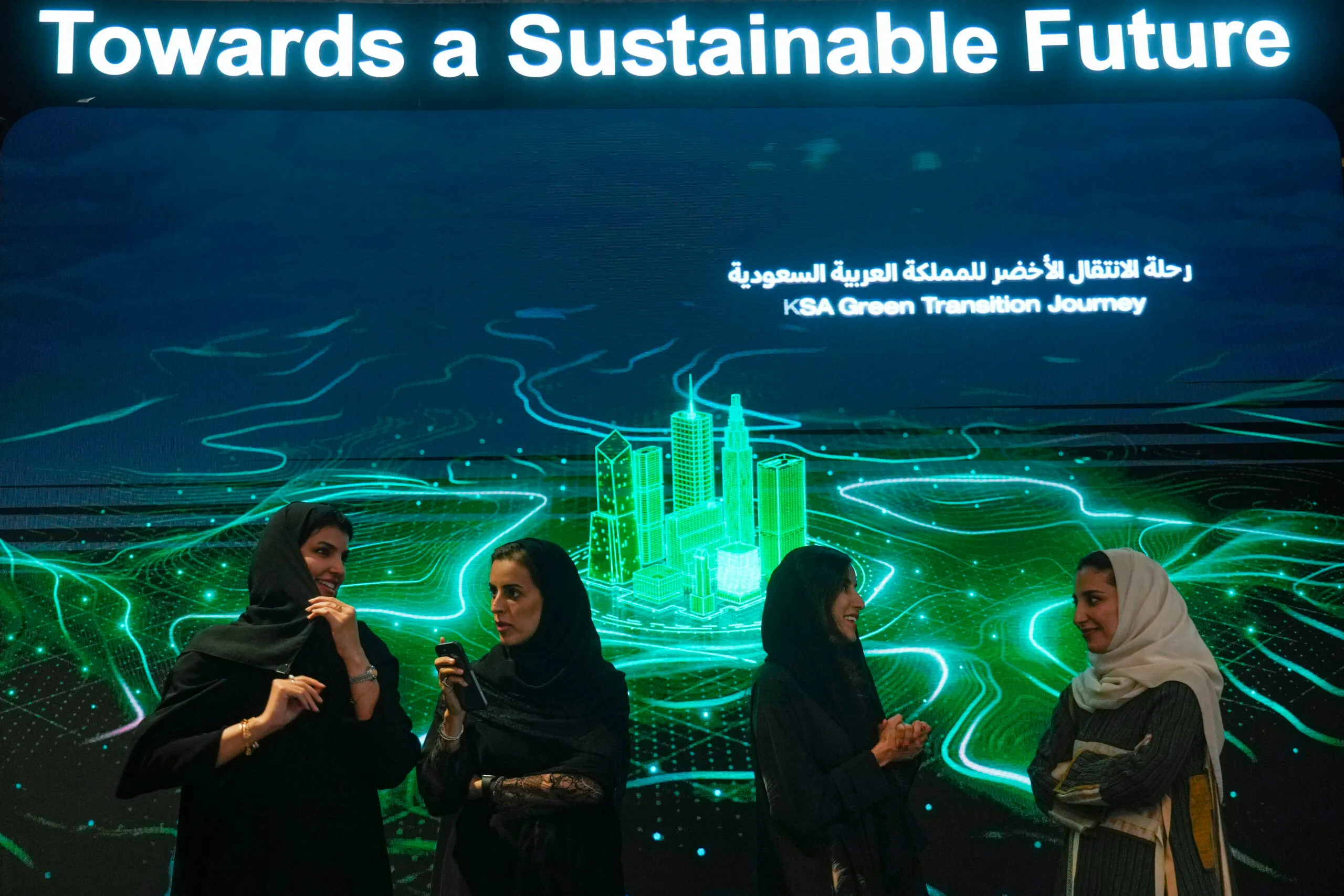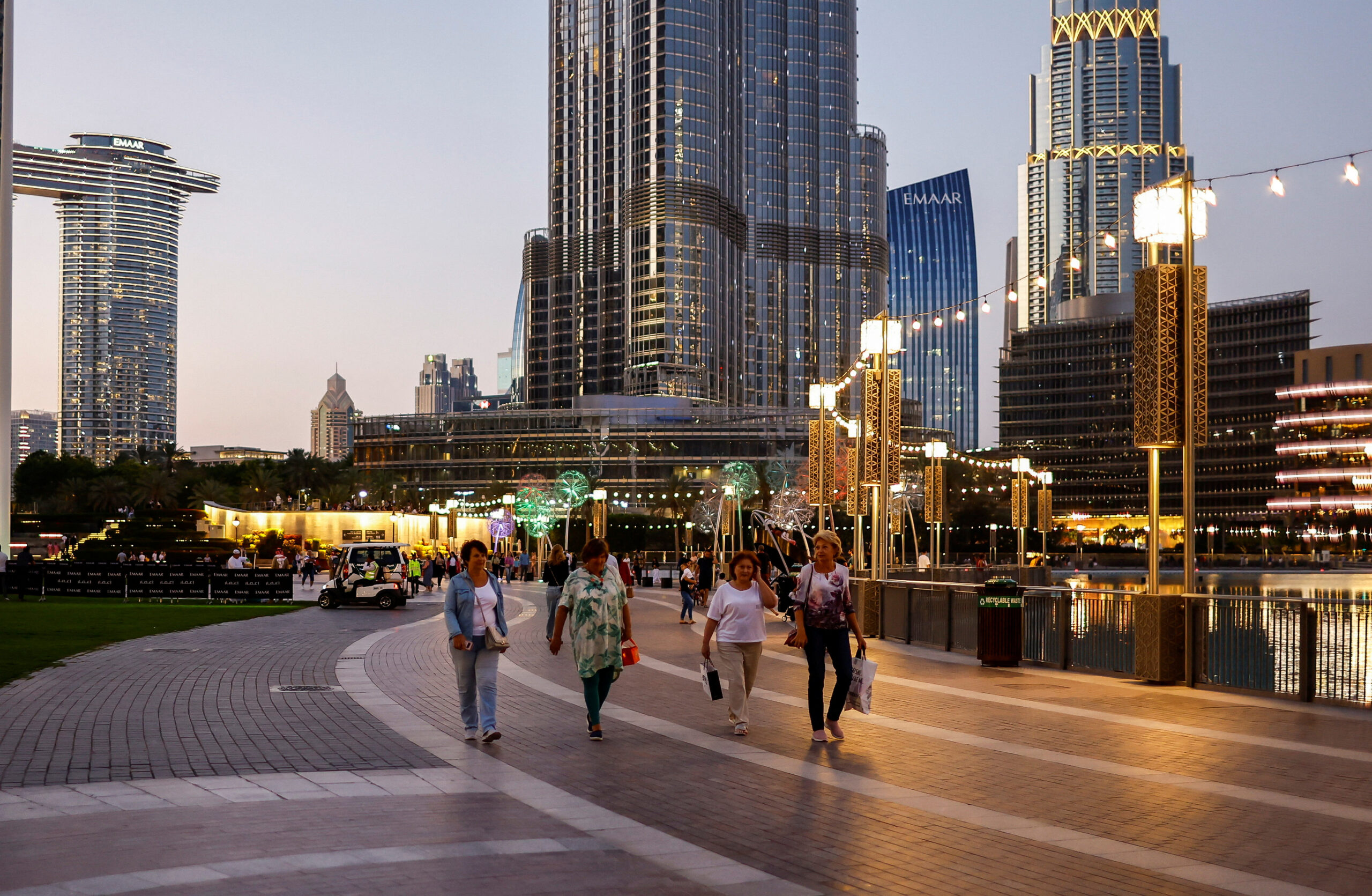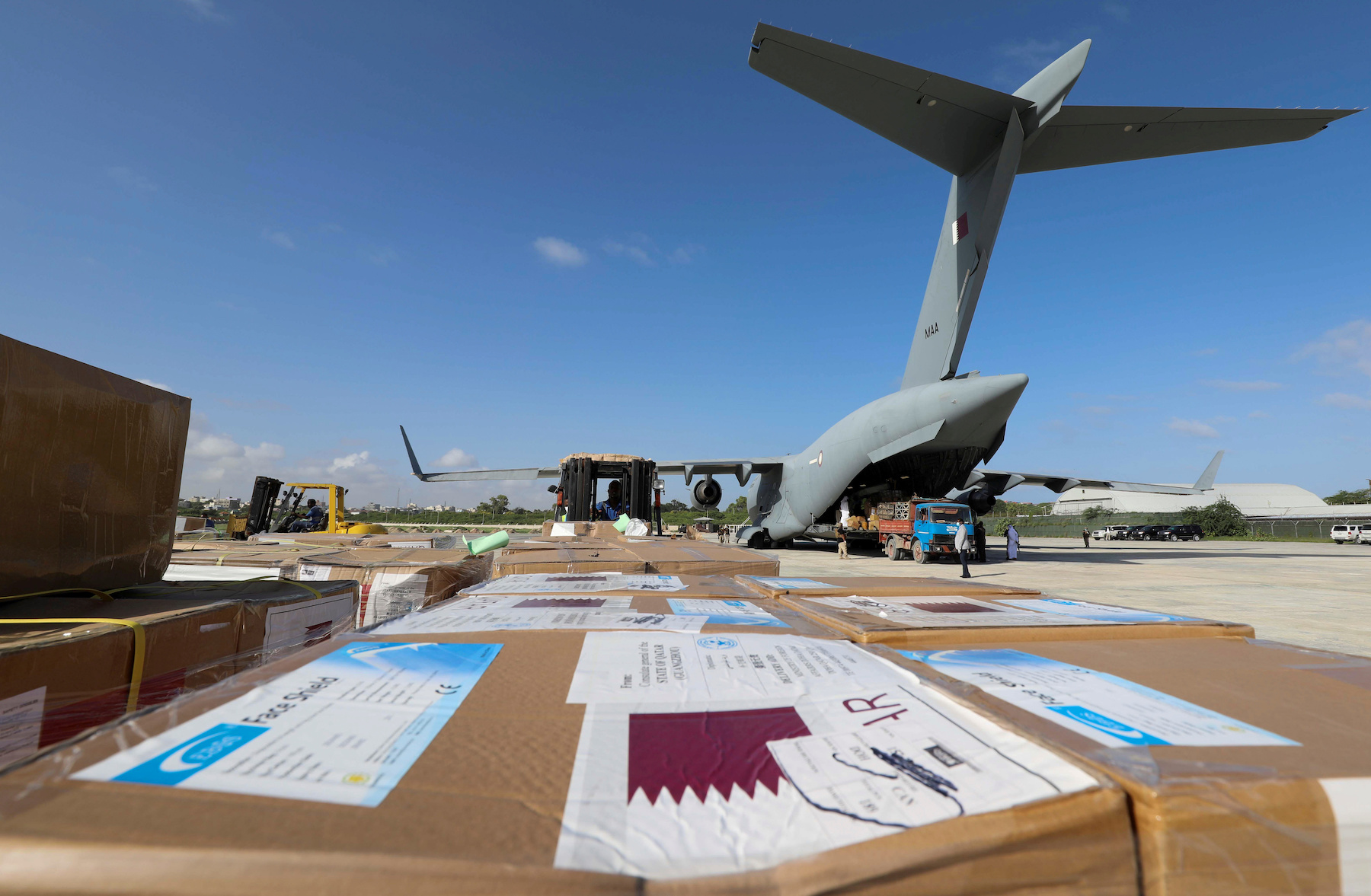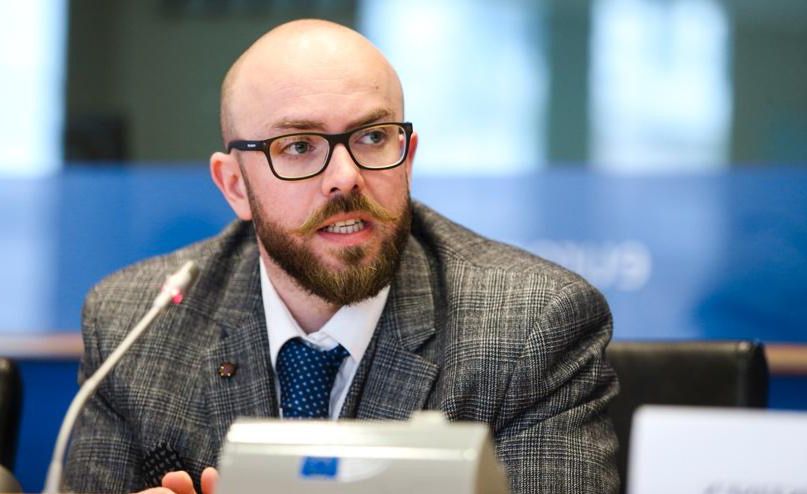Enter Erdogan: Turkey’s Economic Stake in the GCC Dispute
On the heels of the G-20 summit in Hamburg, Turkish President Recep Tayyip Erdogan announced plans to visit Kuwait, Saudi Arabia, and Qatar. As the Gulf Cooperation Council diplomatic crisis continues, Erdogan’s presence likely will do little to calm regional tensions. U.S. Secretary of State Rex Tillerson’s own visit resulted in a U.S.-Qatar agreement to...

On the heels of the G-20 summit in Hamburg, Turkish President Recep Tayyip Erdogan announced plans to visit Kuwait, Saudi Arabia, and Qatar. As the Gulf Cooperation Council diplomatic crisis continues, Erdogan’s presence likely will do little to calm regional tensions. U.S. Secretary of State Rex Tillerson’s own visit resulted in a U.S.-Qatar agreement to combat terrorism financing, but no breakthrough agreement on the Saudi-Emirati led embargo on Qatar.
As the isolation of Qatar continues, the regional consequences are becoming apparent. The entire Middle East and North Africa could be further drawn into the conflict, either by proxy, by being forced to choose sides, or by simple missed economic opportunities and barriers to trade and investment. Turkey, which has relied on financial investment from Qatar but also from many other Gulf states, may find it increasingly difficult to align politically with one side of the dispute without suffering economic consequences as a result. With its hybrid model of a liberalized economy mixed with Islamist-informed governance under Erdogan, Turkey has some conflicting economic interests between sides in the GCC conflict.
Turkey’s economic liberalization has in recent years coincided with the rise of Erdogan’s political party. The Erdogan model, of an Islamist democratic movement buoyed by foreign direct investment and a foreign policy objective of “zero problems with neighbors” (which ran aground with the Arab Spring and failed with Israel) has relied heavily on “Gulf money” – and not just from Qatar. While Qatar’s investments in Turkey have surged since 2013, of the $1.5 billion total, $1.2 billion comes from investments made in the past four years. While Qatar is an important financial and political ally of Turkey, Saudi Arabia, the United Arab Emirates, Kuwait, and even Yemen are also important investors in Turkey. At the same time, the GCC states are significant destinations for Turkish corporates, particularly in the contracting business in the construction of airports in Saudi Arabia, Kuwait, and Qatar.

Source: Central Bank of Republic of Turkey
Turkey’s largest trade partners in the GCC states generated a shared trade volume of approximately $16 billion in 2014, up from $1.49 billion in 2002, while foreign direct investment flows to Turkey from the GCC states between 2010 and 2014 amounted to approximately $2.8 billion, according to a report by the Oxford Gulf and Arabian Peninsula Studies Forum. The report also notes that Turkey’s largest export markets in the GCC states in 2014 were the UAE and Saudi Arabia, comprising a number of key products including construction materials, iron, and steel. Saudi Arabia and the UAE received 10 percent of Turkey’s steel exports in 2010. Moreover, trade in sensitive industries like defense is robust between Turkey and the GCC states. Bahrain, Saudi Arabia, and the UAE represented 25 percent of Turkish defense exports by 2012. New ties between Turkey and Qatar in defense basing may not equal or replace these important trade flows.
Turkish contractors have dominated infrastructure markets for building and operating new airports across the GCC states in recent years. A new contract finalized in June will see three new airports in Saudi Arabia operated by Turkish contractor TAV. Turkish contractors will build a $4.4 billion terminal in Kuwait this year.
The bank sector in Turkey is extremely reliant on Gulf finance, particularly in the growing Islamic finance sector, called “participation banks” in Turkey. Ownership of the small banks that make up the majority of the Islamic finance sector in Turkey is held largely by Gulf hands.
According to research by J.P. Morgan, 90 percent of assets in the “participation” market or Islamic financing, is held by three financial institutions: Albaraka Turk, Turkiye Finans, and Kuveyt Turk. Albaraka is part of Al Baraka Banking Group of Bahrain, which owns a 54 percent stake in the Turkish affiliate. Turkiye Finans is the second biggest participation bank in Turkey with around $11 billion in assets and is controlled by the biggest Saudi bank, NCB, which holds a 67 percent equity capital stake, with intentions to purchase more. Kuveyt Turk is a privately-held bank controlled by Kuwait Finance House, majority owned by the Kuwait Investment Authority and other government entities.
 As the GCC dispute drags on, there will be economic consequences to trade and finance across the region. Qatar may be able to weather the storm caused by the isolation from its GCC neighbors, but many other regional economies, like Turkey’s, risk damaging their inward foreign direct investment in sensitive sectors like banking. For Turkey, its ability to project business abroad in large contracting engagements throughout the GCC states also faces strong headwinds.
As the GCC dispute drags on, there will be economic consequences to trade and finance across the region. Qatar may be able to weather the storm caused by the isolation from its GCC neighbors, but many other regional economies, like Turkey’s, risk damaging their inward foreign direct investment in sensitive sectors like banking. For Turkey, its ability to project business abroad in large contracting engagements throughout the GCC states also faces strong headwinds.
The views represented herein are the author's or speaker's own and do not necessarily reflect the views of AGSI, its staff, or its board of directors.




